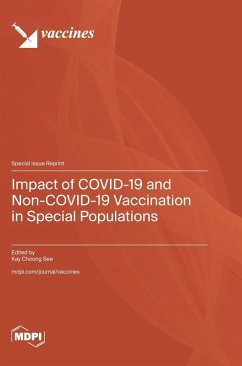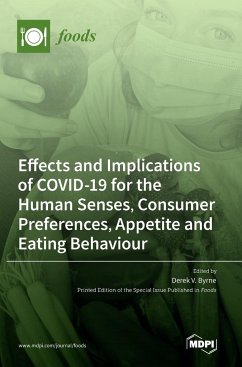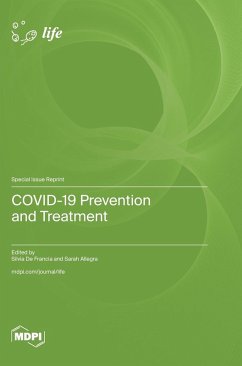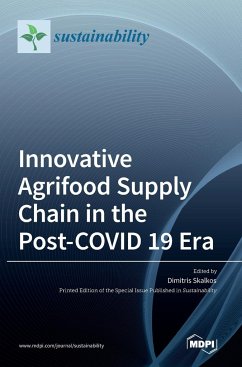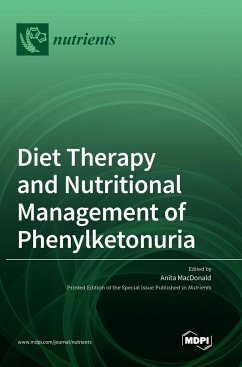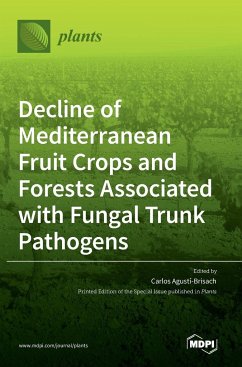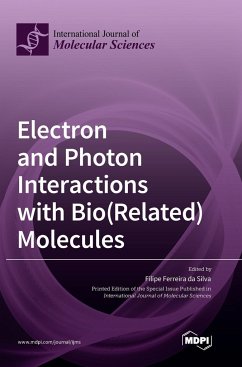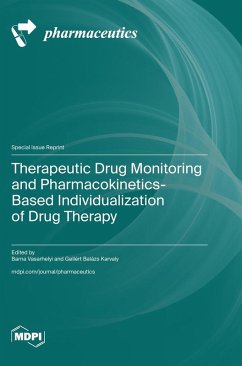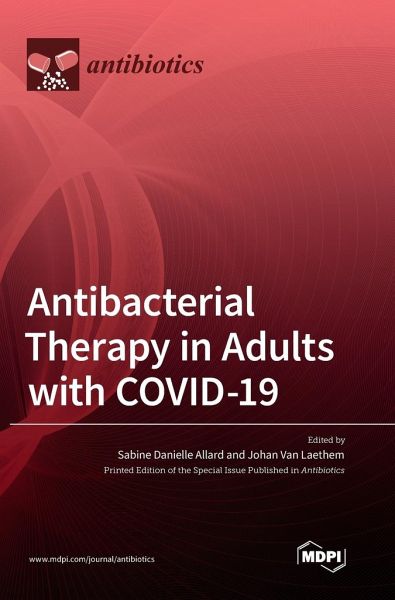
Antibacterial Therapy in Adults with COVID-19
Versandkostenfrei!
Versandfertig in 1-2 Wochen
56,99 €
inkl. MwSt.

PAYBACK Punkte
28 °P sammeln!
Since the emergence of the Coronavirus-19 infectious disease (COVID-19) pandemic, a rising number of reports have underlined the risk of increasing antimicrobial resistance due to antibiotic overuse in COVID-19 patients. In addition, many physicians and pharmacists involved in antimicrobial stewardship have had to shift their activities to the containment of the COVID-19 crisis. In contrast to this observed overconsumption of antibiotics, very few bacterial superinfections have been documented in COVID-19 patients, especially in patients admitted outside the intensive care unit and in the firs...
Since the emergence of the Coronavirus-19 infectious disease (COVID-19) pandemic, a rising number of reports have underlined the risk of increasing antimicrobial resistance due to antibiotic overuse in COVID-19 patients. In addition, many physicians and pharmacists involved in antimicrobial stewardship have had to shift their activities to the containment of the COVID-19 crisis. In contrast to this observed overconsumption of antibiotics, very few bacterial superinfections have been documented in COVID-19 patients, especially in patients admitted outside the intensive care unit and in the first days of admission. However, the identification of bacterial co-/superinfections in COVID-19 patients is difficult, as inflammatory and radiological markers of bacterial infection lack specificity in this setting. Furthermore, studies regarding the effect of immune suppression, including the use of corticosteroids and anti-interleukins, and the effect of potential immunomodulatory properties of certain antibiotics on the occurrence of bacterial co-/superinfection are needed. This Special Issue of Antibiotics aims to increase our knowledge regarding (more or less specific) markers associated with bacterial co-/superinfection in COVID-19 patients, quantitative and qualitative data regarding antibiotic prescriptions in COVID-19 patients, potential beneficial effects of antibiotic use in certain COVID-19 subgroups, detrimental effects associated with antibiotic overuse in COVID-19 patients, and evidence-based guidelines, which could facilitate the decision-making process when antibiotic prescriptions are considered.





